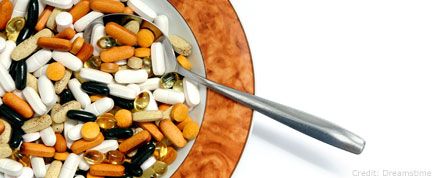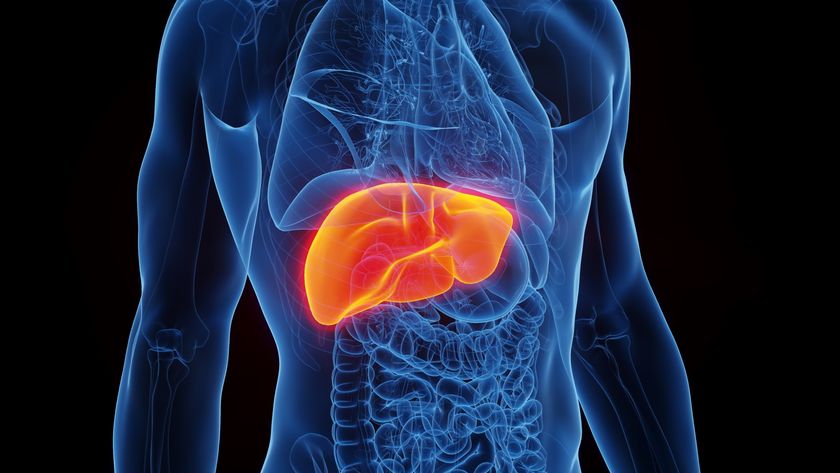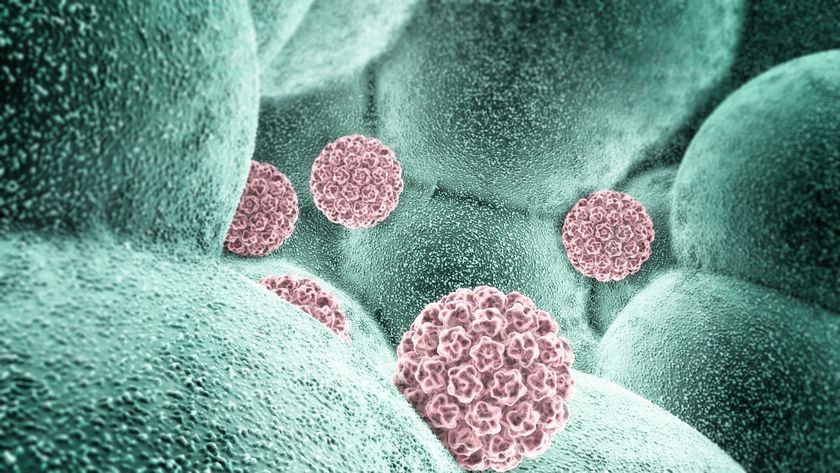Food Via Pill Just Not as Good

Somewhere between wholesome food and useless pill — between nutrient and pharmaceutical, between fact and fiction, between great potential and shameless marketing scheme — lies a new batch of purported health products called nutraceuticals.
Nutraceuticals are chemicals isolated from plants. Like vitamins and minerals, they are added to foods and sold in pill and powder forms.
You might recognize some of the names — isoflavones from soy, resveratrol from wine, or anthocyanins from berries. Yet if you're like me, you are still uncomfortable spouting these words off at parties as you would with antioxidant or free radical.
But unlike well-known nutrients such as vitamin A or iron, there is little evidence that nutraceuticals have any positive health effect once divorced from the plant-based foods they likely made nourishing.
Food fact and fiction
Researchers at the Spanish Higher Council for Scientific Research, Consejo Superior de Investigaciones Cientificas, in Murcia, Spain, neatly categorized what is known about nutraceuticals into truth and nonsense in a paper published last month in the journal Phytochemistry entitled "Nutraceuticals: Facts and Fiction."
What is fact, the researchers said, is that red wine, fruits, nuts, soybeans and other plant-derived foods have a clear beneficial effect on preventing or delaying age-related diseases, such as cancers and stroke. What is probable is that non-nutrient phytochemicals in these foods, such as isoflavones, help deliver these health benefits.
Sign up for the Live Science daily newsletter now
Get the world’s most fascinating discoveries delivered straight to your inbox.
But largely in the realm of fiction, according to the Spanish research team, are the health claims made by nutraceutical manufacturers, such as claims that their dietary supplements improve brain function, reduce cholesterol or do all the good things that plant-based foods might do.
Vitamins vital, pomegranates pompous
Nutraceuticals are a field steeped in science and hopeful thinking. The discovery and isolation a century ago of vitamins — from the words "vital" and "amine," a family of organic compounds that includes amino acids — greatly enhanced nutrition and extended human life expectancy.
Could nutraceuticals, a portmanteau of "nutrition" and "pharmaceutical," have a similar impact in the 21st century? Maybe. But health studies cannot support this and, in fact, suggest we are going about this the wrong way, the researchers said.
The problem, it seems, is that food is too complicated to be stripped down to its chemical components, and that the whole is far greater than its parts. Most nutraceutical studies are done in vitro, not in humans, and a free chemical in a Petri dish behaves far differently than when it is bound to food and sent through the body.
The in and out of nutrition
The difference comes down to what is ingested and what is digested, or absorbed. The researchers, lead by Juan Carlos Espín, used the example of pomegranate juice, one of the most powerful antioxidant foods in vitro, the result of phytochemicals called ellagitannins. Ellagitannins are large chemicals, however, and are broken down during digestion into less-potent antioxidants.
While the chemistry of antioxidants is known, the actual dose of the antioxidant to the body from any food is largely unknown, although it is likely more plentiful in the food form of pomegranate compared to a pill form of ellagitannins. Any health claim that an ellagitannin-based nutraceutical is a potent antioxidant for humans, merely because it behaves so in the lab as an isolate chemical, is based on shoddy science.
Because dietary supplements are minimally regulated in the United States, however, manufacturers of nutraceuticals can use the very positive in vitro studies of their products to make bold health claims. If this news gets you down, simply pop open a nice bottle of merlot instead of a pill of resveratrol.
- Take the Nutrition Quiz
- Top 10 Bad Things That Are Good For You
- The Most Popular Myths in Science
Christopher Wanjek is the author of the books “Bad Medicine” and “Food At Work.” Got a question about Bad Medicine? Email Wanjek. If it’s really bad, he just might answer it in a future column. Bad Medicine appears each Tuesday on LiveScience.

Christopher Wanjek is a Live Science contributor and a health and science writer. He is the author of three science books: Spacefarers (2020), Food at Work (2005) and Bad Medicine (2003). His "Food at Work" book and project, concerning workers' health, safety and productivity, was commissioned by the U.N.'s International Labor Organization. For Live Science, Christopher covers public health, nutrition and biology, and he has written extensively for The Washington Post and Sky & Telescope among others, as well as for the NASA Goddard Space Flight Center, where he was a senior writer. Christopher holds a Master of Health degree from Harvard School of Public Health and a degree in journalism from Temple University.











